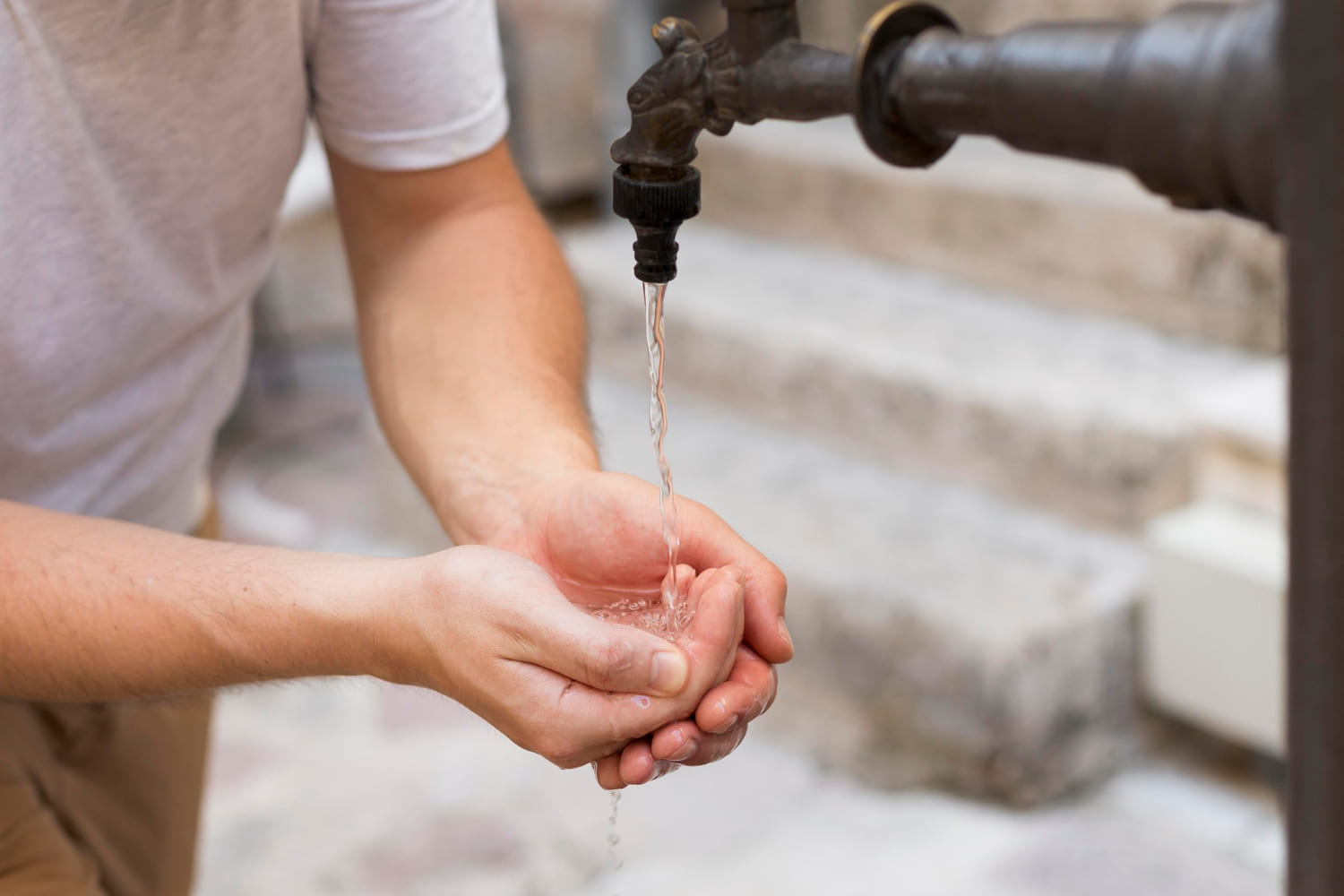By Renato Otto Kloss
Basic sanitation is synonymous with environmental preservation. For no other reason, the conservation of natural resources and protection of the environment are fundamental principles of this public service, pursuant to Law 11,445/07. The treatment of effluents contributes significantly to the preservation of water bodies, avoiding the alteration or destruction of their ecosystems.
However, like most economic activities, sewage treatment systems also produce negative externalities, and the need for licensing is proof of this. Sewage treatment stations (ETEs) generate sludge and gases at the end of their processes, which are pollutants. The sludge ends up destined for sanitary landfills, which represents a financial burden for the operation, in addition to overloading the landfills themselves. And the gases – especially methane, one of the main responsible for the greenhouse effect – are released into the atmosphere. Obviously, the environmental balance of the activity is frankly positive, but it is not possible to ignore such consequences.
The Basic Sanitation Company of São Paulo (Sabesp) has sought solutions in the market for the environmentally appropriate valuation of the sludge generated by its ETEs, with a view to establishing corporate partnerships. It is the objective pursued by Public Call 00780/22[1].
At the same time, the Sanitation Company of Paraná (Sanepar) included in the draft public notice of the sanitary sewage PPP of the Central-Coastal Microregion of the State of Paraná[2], which was the subject of a recent public consultation, a provision that reserves for itself the right to receive the sludge produced by the ETEs of the future concessionaire, for the development of new businesses.




